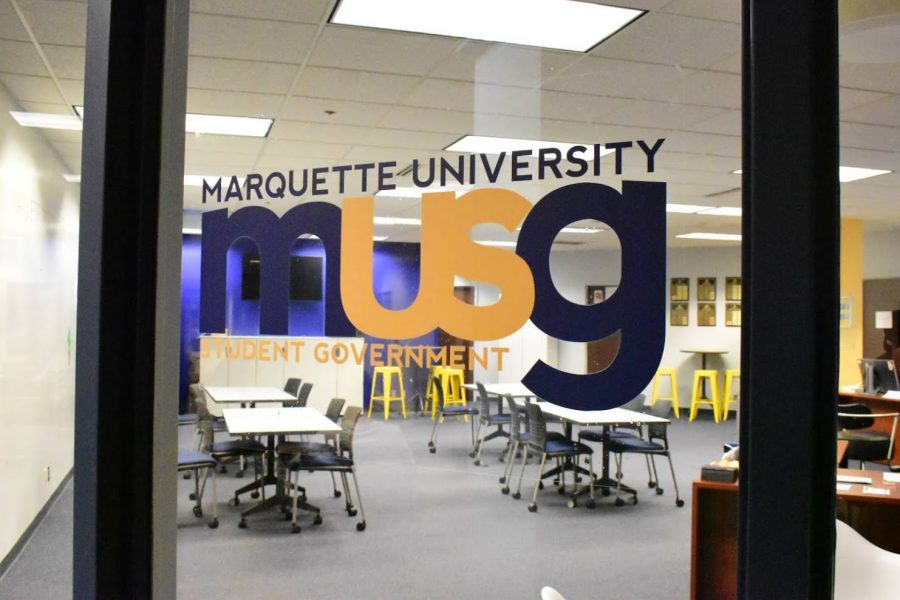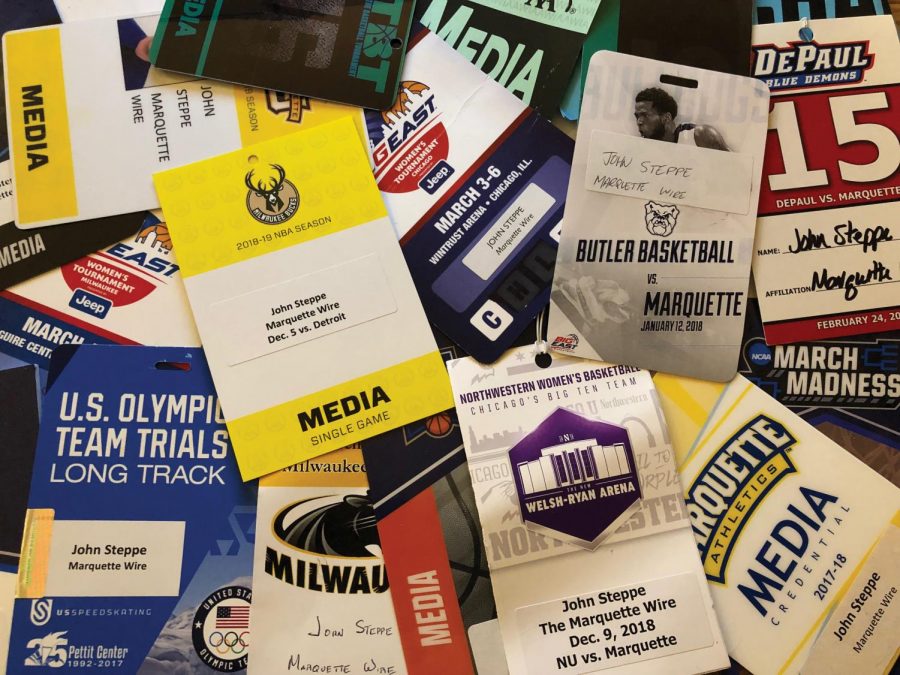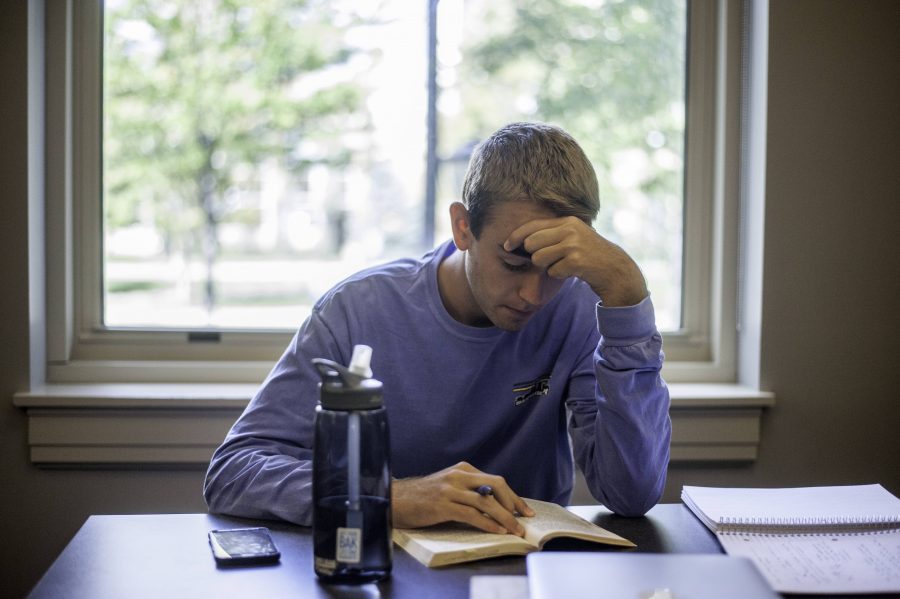 Imagine walking to the mailbox one day, finding a letter from the Tulsa Health Department and Oklahoma State Department of Health and reading the bolded statement, “As a precaution, we are recommending that you get tested for hepatitis C virus, hepatitis B virus, and human immunodeficiency virus (HIV).”
Imagine walking to the mailbox one day, finding a letter from the Tulsa Health Department and Oklahoma State Department of Health and reading the bolded statement, “As a precaution, we are recommending that you get tested for hepatitis C virus, hepatitis B virus, and human immunodeficiency virus (HIV).”
About 7,000 people read those words last week when they learned that a Tulsa, Okla. dentist office they had visited in the past seven years – run by Dr. Scott Harrington – currently faces 17 allegations of safety and health violations. The investigation conducted by the Oklahoma Board of Dentistry began when an individual came down with hepatitis C after an appointment at the office.
According to the complaint filed, the allegations include an unlocked and unattended drug cabinet holding expired drugs (some up to 20 years old), multiple sterilization and cross-contamination issues involving tools and needles and a lack of maintained drug logs. Perhaps the worst allegation, though, was that unauthorized and unlicensed employees had been administering IVs to sedate patients, which only the licensed dentist is allowed to do.
To make matters worse, the complaint also notes that Harrington and his staff told investigators that a “high population of known infectious disease carrier patients” receive dental care from him.
This is obviously an extreme situation, and the investigation will likely uncover many more factors at play, but it still begs a question that extends beyond this isolated incident: What happens when the professionals we trust can no longer be trusted?
Dr. Harrington has 36 years of experience. He is a 1974 graduate of the Washington University School of Dental Medicine in St. Louis. According to reports of currently at-risk patients, his office was always incredibly clean, which led them to believe health procedures were being properly followed.
But Harrington is a professional, and he likely learned safety and health procedures in the early years of his education. He knew the tools being used were not properly cleaned and sterilized. He knew the drugs in the cabinet were expired, and he continued to administer morphine when a new shipment hadn’t arrived in four years. And he knew that his unlicensed assistants were not supposed to provide sedatives to patients.
Most importantly, he knew he was tarnishing the doctor-patient relationship, and yet he did it anyway.
Although a documented incident such as this may be rare, it’s not uncommon to hear everyday stories or complaints of poor treatment and services involving professionals – whether they are in the medical field or not.
Hospitals are criticized for relocating patients one too many times and employing professionals who don’t truly care about the patients. Doctors get heat for the ease with which they prescribe medications, as is commonly seen in the issue of antidepressants being prescribed to patients who may not actually suffer from depression. Mistakes made by accountants and lawyers can ruin individual or corporate finances and reputations. The idea that some professors may grade based on biases is an all too frequent grumbling.
As individuals, we have to trust people trained in certain fields to take action and make decisions for us. Medical professionals ensure our bodies are healthy. Teachers aid in our educations. Government officials are supposed to represent the population while ensuring that society functions properly. If things go wrong in any of these areas, professionals are supposed to fix the problem – not make it worse.
As long as individuals take on careers for the right reasons – due to vocation, skills and talents and a genuine passion for the field – everything should be fine. It’s when these positions are pursued for others reasons, such as status, financial success or a lack of interest in other areas, that problems arise.
By no means do I have the right to question anyone’s motivations in terms of career path, but the incident in Tulsa serves as a reminder that accountability in motivations does matter, regardless if one is just beginning a job or has been doing it for 36 years.
In a society in which we depend so much on others for goods and services, the ability to trust those around us is vital. Whether it is an accountant, lawyer, journalist, professor, congressman or medical professional, accountability is something that cannot be taken lightly.
Sometimes merely expecting accountability from those around us is not enough, though. The individuals in Tulsa put their oral health in the hands of another, only to be let down. Instead, we must demand accountability – from those around us, but more importantly, from ourselves. No matter what the profession, role or level of education, everyone is trusted by someone, and that is not something to take for granted.
After all, I doubt that the college student version of Scott Harrington would ever have guessed that 36 years later, 7,000 people would anxiously await test results for hepatitis and HIV at his expense.
Correction: An previous version of this article mistakenly reported that the Tulsa, Okla., dentist Scott Harrington graduated from the University of Washington School of Dentistry. Harrington in fact graduated from the now-defunct Washington University School of Dental Medicine in St. Louis. The Tribune regrets the error.
—
Brooke Goodman is a senior studying political science and journalism. Email [email protected] with anything you’d like her to write about.







